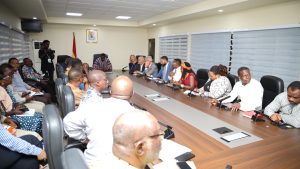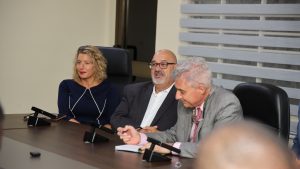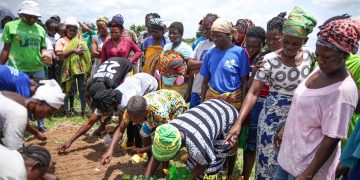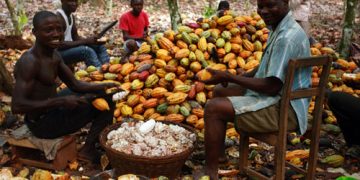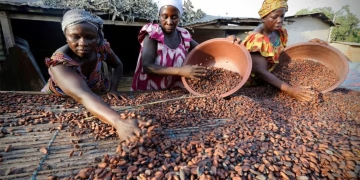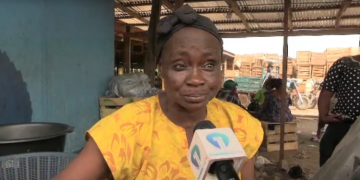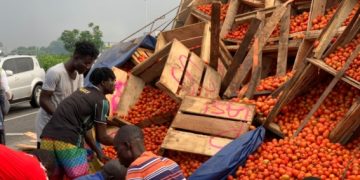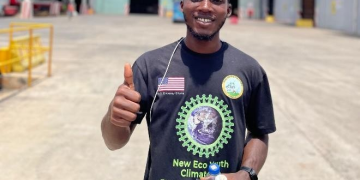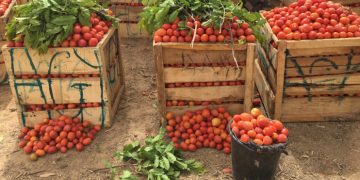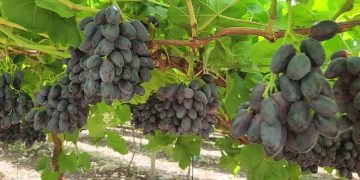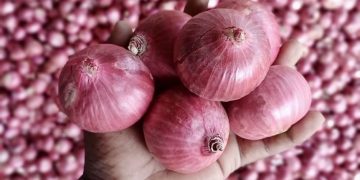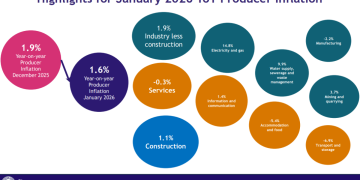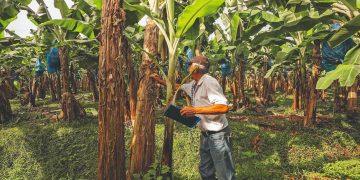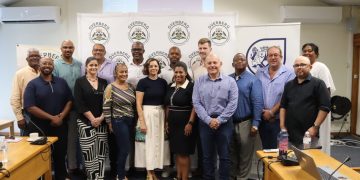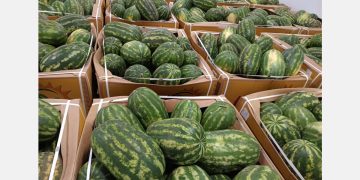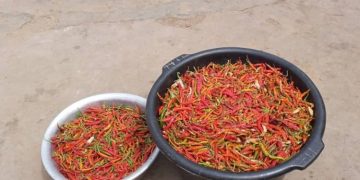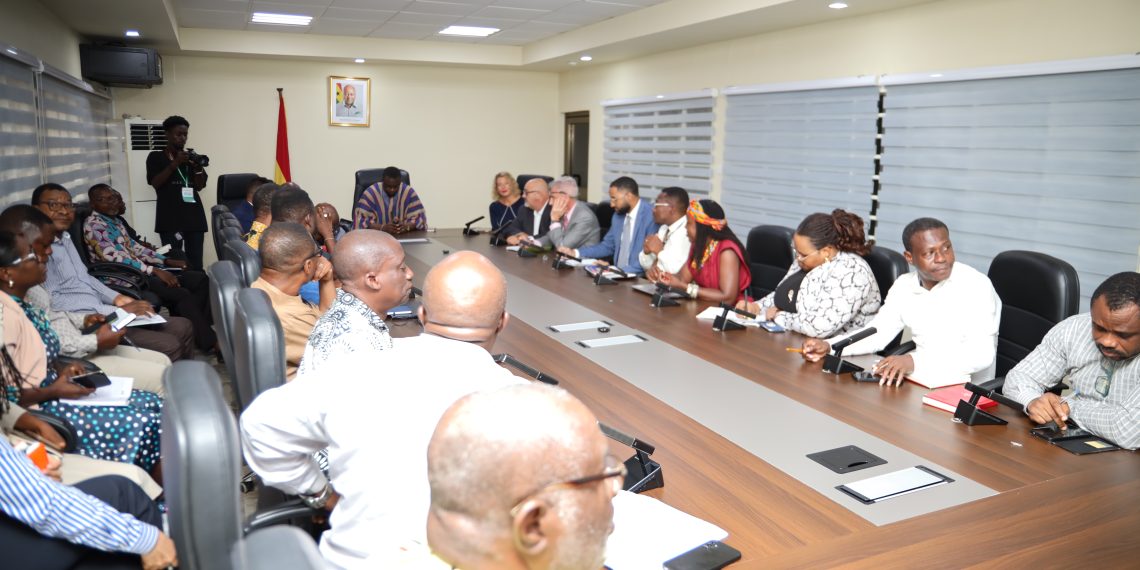Deputy Minister for Food and Agriculture, Hon. John Setor Dumelo, has reaffirmed Ghana ‘s strong commitment to forging strategic and long-lasting agribusiness partnerships with the State of Nebraska in the United States.
This commitment was underscored during a courtesy visit by former Nebraska State Senators Ken Schilz and Justin Wayne, and marketing executive Jess Goldon. The delegation is currently in Ghana for a week-long working tour aimed at enhancing agribusiness cooperation and exploring new opportunities in investment, education, and trade between the two regions.
Hon.john Dumelo speaking to the delegation ,outlined critical areas where Ghana is seeking meaningful collaboration. These include the effective implementation of the government’s flagship Feed Ghana Programme, boosting value addition through agro-processing, and strengthening fertilizer supply chains.
He also emphasized the need for significant investment in large-scale irrigation infrastructure, improved post-harvest loss management systems, and the establishment of decentralized small-scale processing units across various districts.
The Minister, further highlighted Ghana’s vision to develop cattle ranges throughout the country and attract investment into the dairy industry. These efforts, he noted, are essential to reducing dependency on imports, creating employment, and enhancing nutrition outcomes. He stressed the need for practical, scalable, and community-based approaches to ensure long-term sustainability in the sector.
The Nebraska delegation also shared key insights on areas of potential collaboration. Former State Senator Ken Schilz indicated Nebraska’s readiness to deepen its engagement with Ghana through educational exchange initiatives.
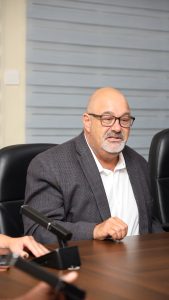
He noted that the Ghana-Nebraska Agribusiness Growth and Relations Chamber, in partnership with the University of Nebraska, is working to establish academic exchange programs with Ghanaian universities and agricultural institutions. The goal is to promote research collaboration, skills development, and technology transfer. These programs would offer students and faculty from both countries the opportunity to engage with modern farming systems, agribusiness models, and climate-resilient technologies.
Former Senator Justin Wayne discussed Nebraska’s experiences in addressing irrigation and water management challenges. He explained how the state overcame water scarcity and inefficiencies through strategic investments in smart irrigation technologies, data-driven planning, and community-level interventions. He noted that Ghana could adapt similar models to enhance productivity, particularly in rural areas where limited access to reliable water systems remains a major constraint.

The courtesy visit forms part of a broader initiative facilitated by the Ghana-Nebraska Agribusiness Growth and Relations Chamber to establish practical linkages between Ghanaian and Nebraskan agribusiness stakeholders. The goal is to unlock new avenues for trade, innovation, knowledge sharing, and enterprise development in agriculture.
This engagement follows earlier consultations with Ghana’s Parliamentary Select Committee on Food, Agriculture and Cocoa Affairs, during which both sides expressed a strong interest in building long-term partnerships in critical sectors. During their stay, the Nebraska delegation is expected to hold strategic meetings with agricultural research institutions, farmer-based organizations, youth groups, and private sector agribusinesses.
The Ghana-Nebraska Agribusiness Growth and Relations Chamber, continues to play a key role in facilitating such bilateral engagements. The Chamber is committed to advancing public-private partnerships that foster inclusive growth, agritech innovation, rural development, and youth empowerment across the agricultural value chain.
The ongoing visit is expected to lay the groundwork for future bilateral missions, trade exhibitions, investment dialogues, and educational programs initiatives that will support the development of Ghana’s agrifood systems and strengthen the country’s position as a regional leader in sustainable agriculture and agribusiness.


